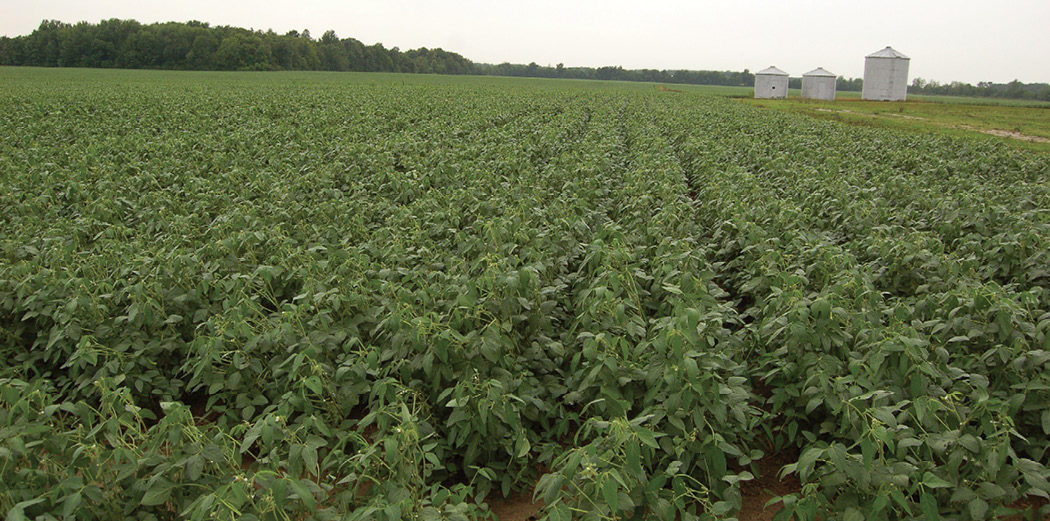No-Till Farmer
Get full access NOW to the most comprehensive, powerful and easy-to-use online resource for no-tillage practices. Just one good idea will pay for your subscription hundreds of times over.

Having started his farming career as a high-school freshman, Jim Kline knows that building a farm can take a lifetime, and it can be undone in an instant by poor decision-making.
And while day-to-day management choices at Kline Family Farms are supported by a wealth of data and research, Kline demands that his family and employees work just as hard to maintain productive relationships with customers, landlords and vendors.
Even in the harsh light of skyrocketing land prices and farm consolidation seen today, Kline insists intangibles like loyalty, honesty and integrity add to the bottom line.
“This year, we had good soybean yields,” he explains, “but even more important and satisfying is when you have people you farm for or venues you work with say good things about you being honest and kind.”
Kline no-tills soybeans and wheat for seed and strip-tills corn on 7,500 acres near Hartford City, Ind. Working in high-clay soils in the east-central part of the state, Kline’s 5-year average on soybeans is 13% above the county average, and 15% above the county average for corn.
Kline believes in the benefits of no-till and strip-till, although it took some time to commit fully to the practice. His best corn this year was where he built strips last fall on ground that had double-crop soybeans planted into wheat.
“It was like night and day” compared to areas without the double cropping, he says. “I’m guessing the residue kept the ground a little cooler and it…